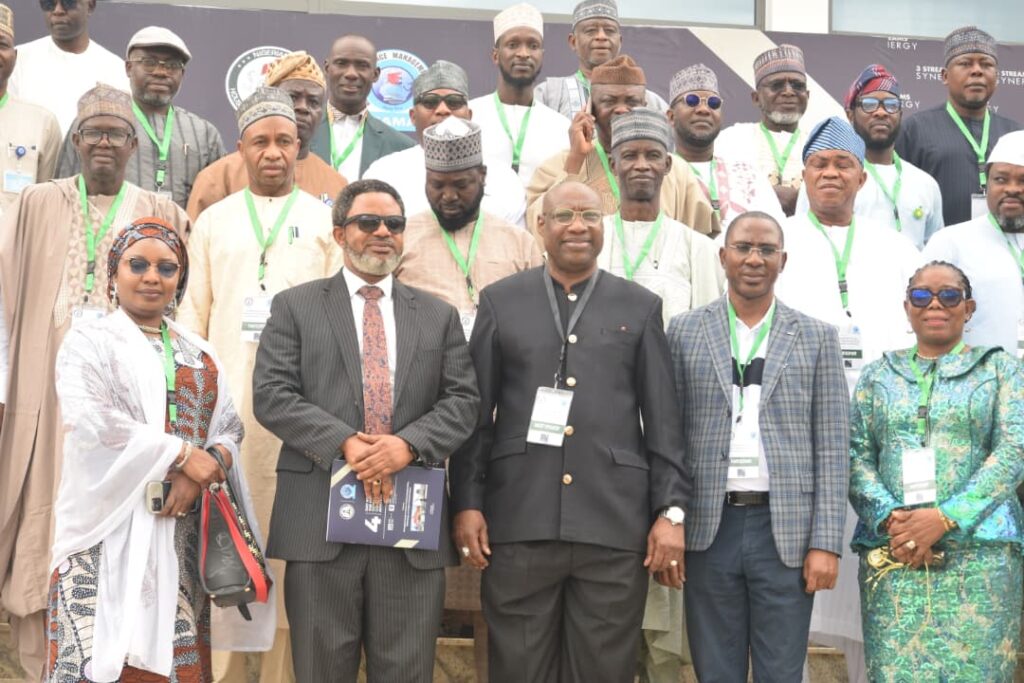The Director General of the Nigerian Airspace Management Agency (NAMA), Engr. Farouk Umar, has described the ₦11,000 currently charged airlines per flight by the agency as grossly inadequate and unsustainable given prevailing economic realities.
Umar made this known on Tuesday in Abuja while addressing stakeholders at a retreat organised by the House of Representatives Committee on Aviation with the theme: “Emerging Trends in Global Aviation; Sustainability, Technology, and Digital Transformation.”
He noted that the charges, introduced in 2008, have remained unchanged despite significant inflationary pressures and the rising cost of aviation infrastructure.
“In 2008, NAMA was collecting ₦11,000 per flight. That means from Lagos to Abuja, irrespective of the number of passengers on board, the airline pays only ₦11,000. At that time, the average economy ticket was ₦16,000,” he explained.
“Today, airlines charge between ₦150,000 and ₦200,000 for the same ticket, yet NAMA still collects ₦11,000. Meanwhile, we have invested heavily in procuring modern landing systems, surveillance systems, and communication infrastructure to keep pace with global standards. We cannot continue this way; the world needs to know, and the airlines must face the reality.”
The DG emphasised that NAMA is a cost-recovery agency, not a charity organisation, and therefore must recover expenses incurred in providing and maintaining critical aviation infrastructure.
“We have repeatedly engaged the airlines to review these charges. Unfortunately, they have not been fair to the agency. They adjust their ticket prices in line with economic realities, yet refuse to acknowledge that we also operate in the same market environment. Our goal is not to exploit but simply to recover investments to ensure safety is not compromised,” Umar added.
Earlier, Chairman of the House Committee on Aviation, Hon. Abdullahi Garba, represented by his deputy, Hon. Festus Akingbaso, described the retreat as a collaborative effort crucial to improving Nigeria’s aviation sector.
He noted that the engagement would equip participants with insights into airspace management and legislative oversight. “Our goal is to develop actionable plans and reinforce priorities that enhance aviation safety, infrastructure, and regulatory compliance,” he said.















